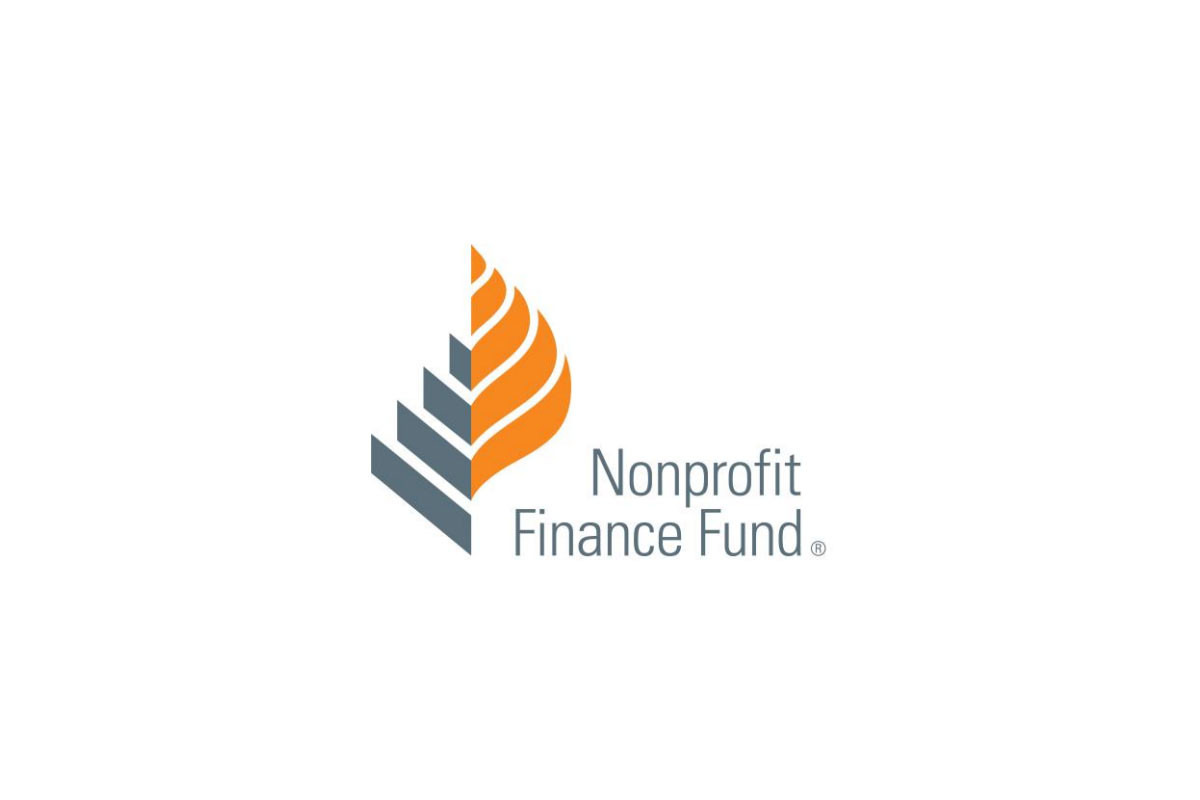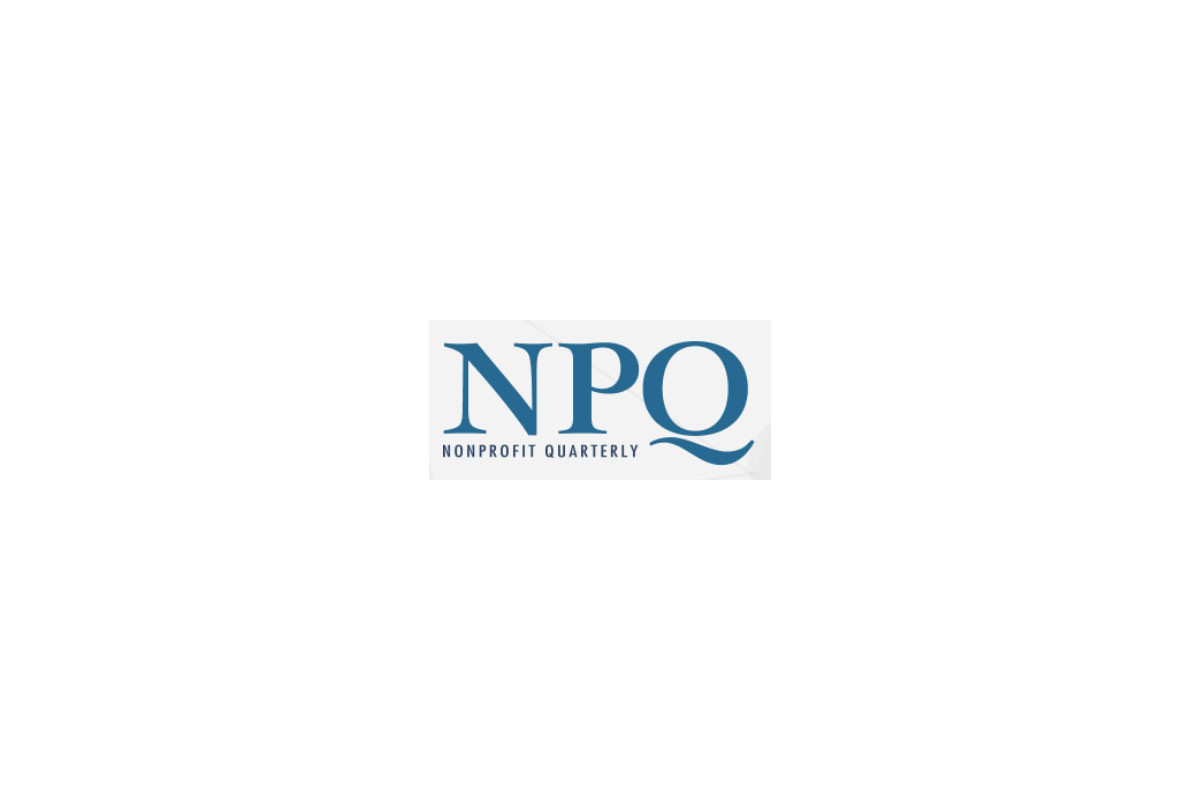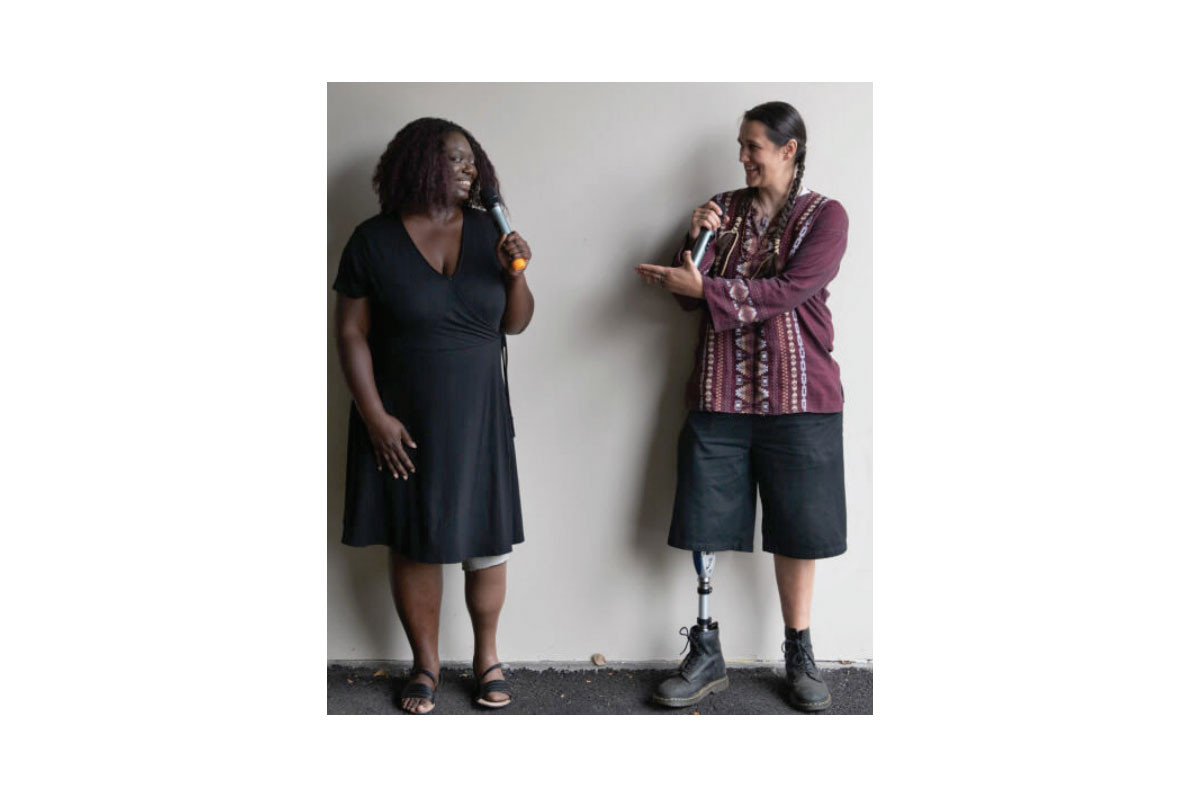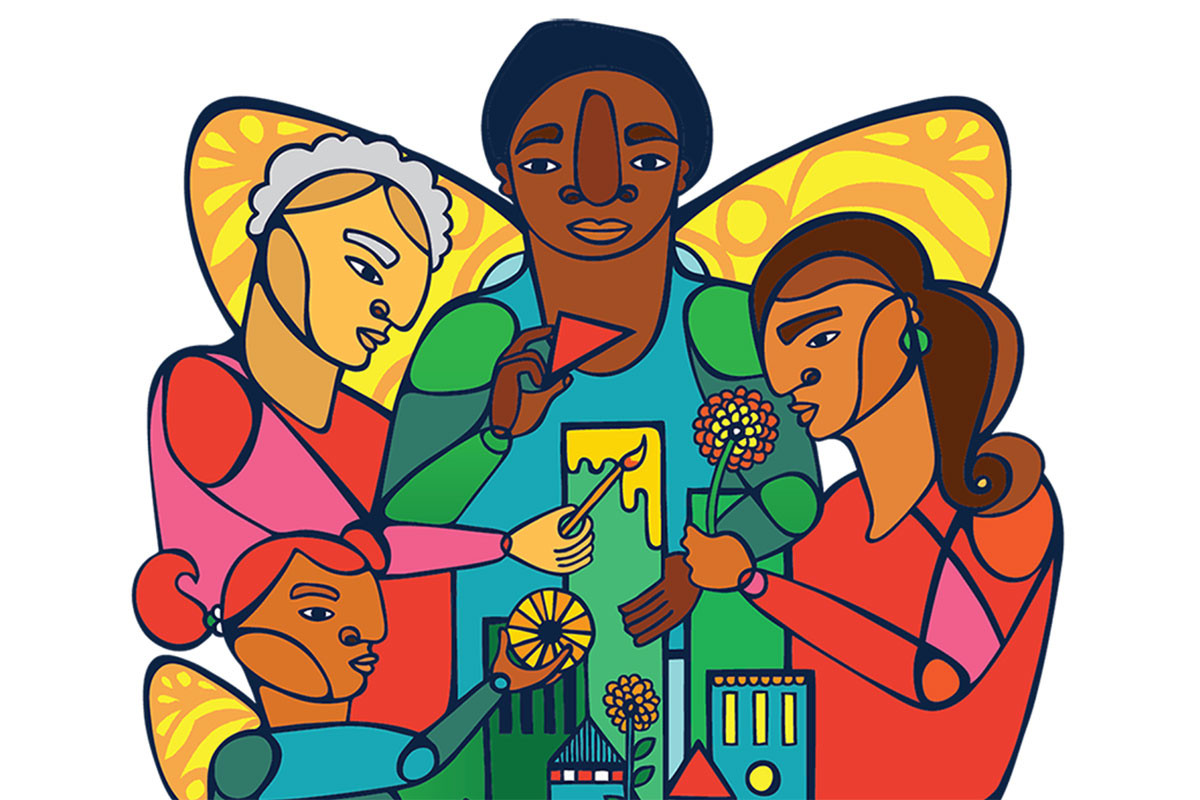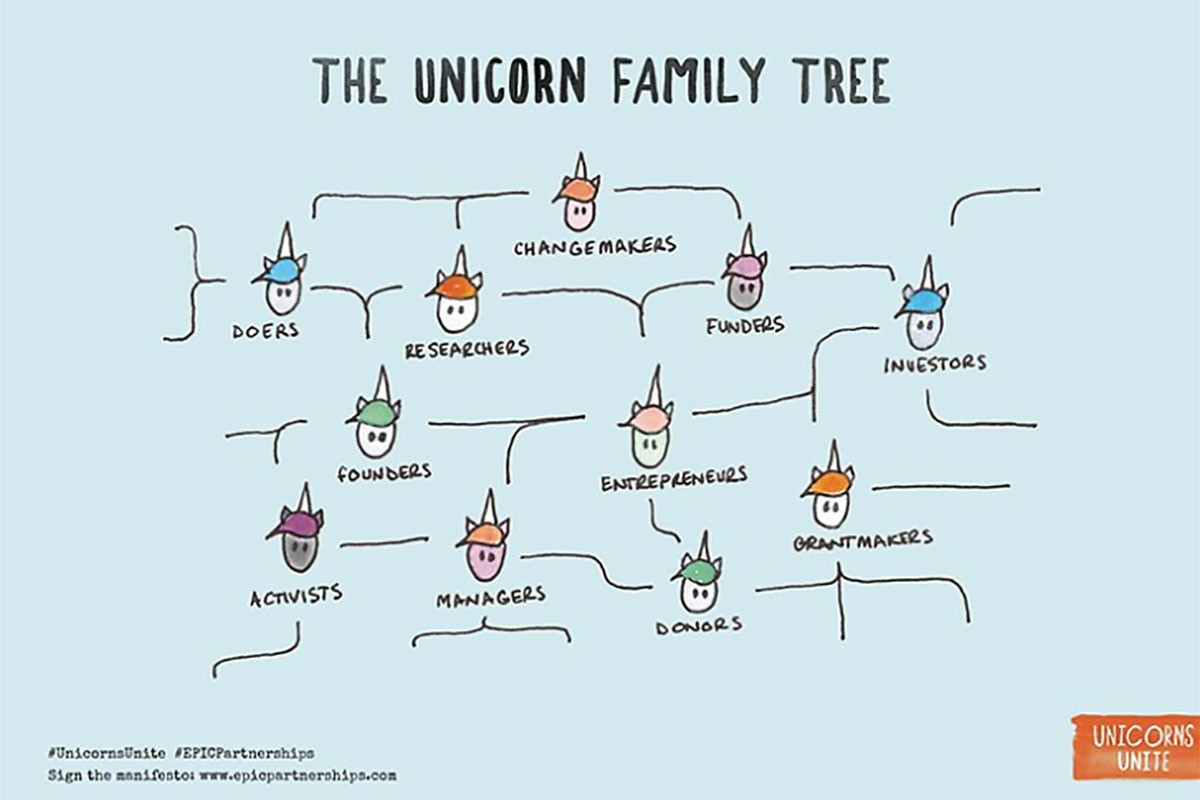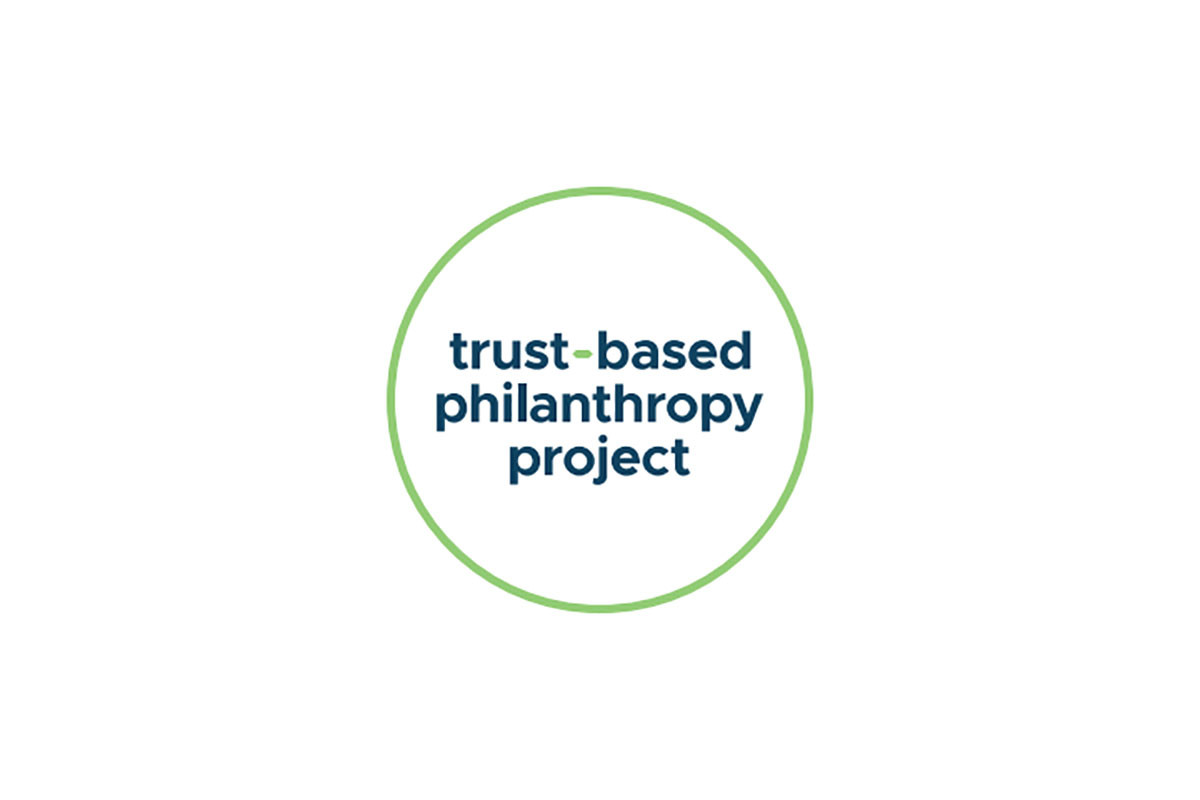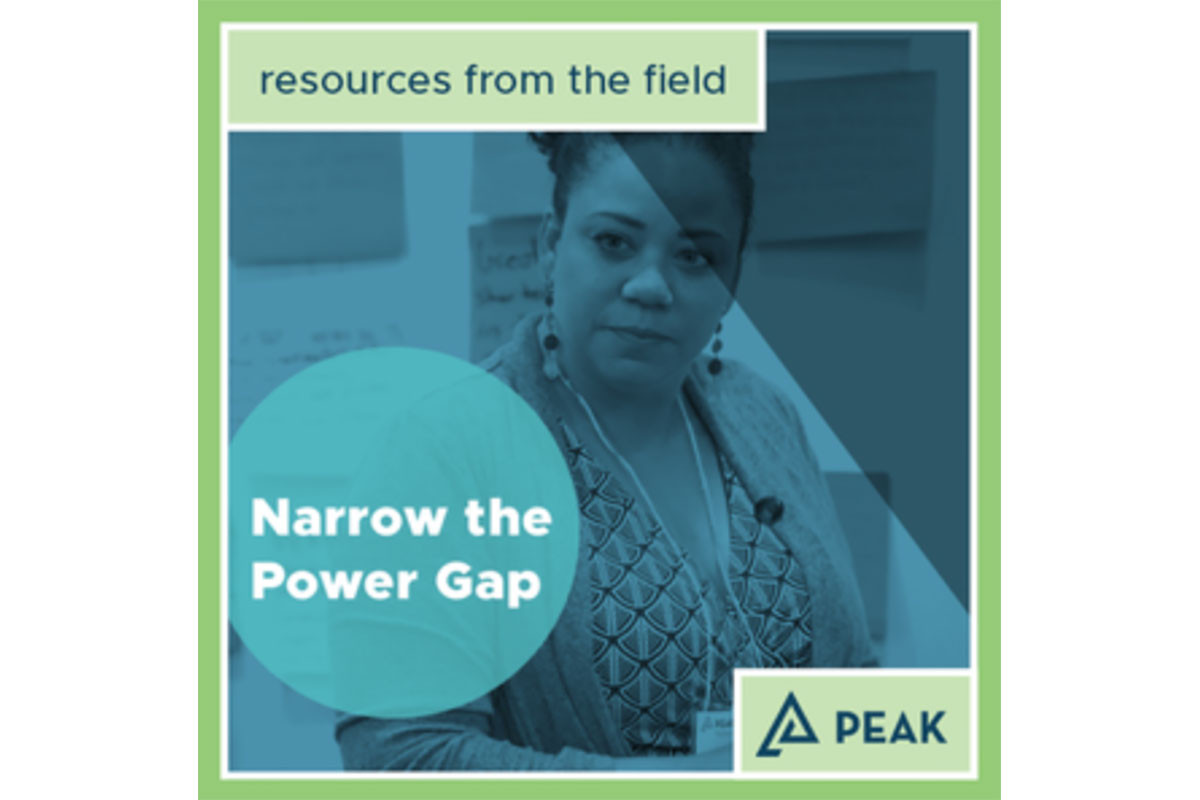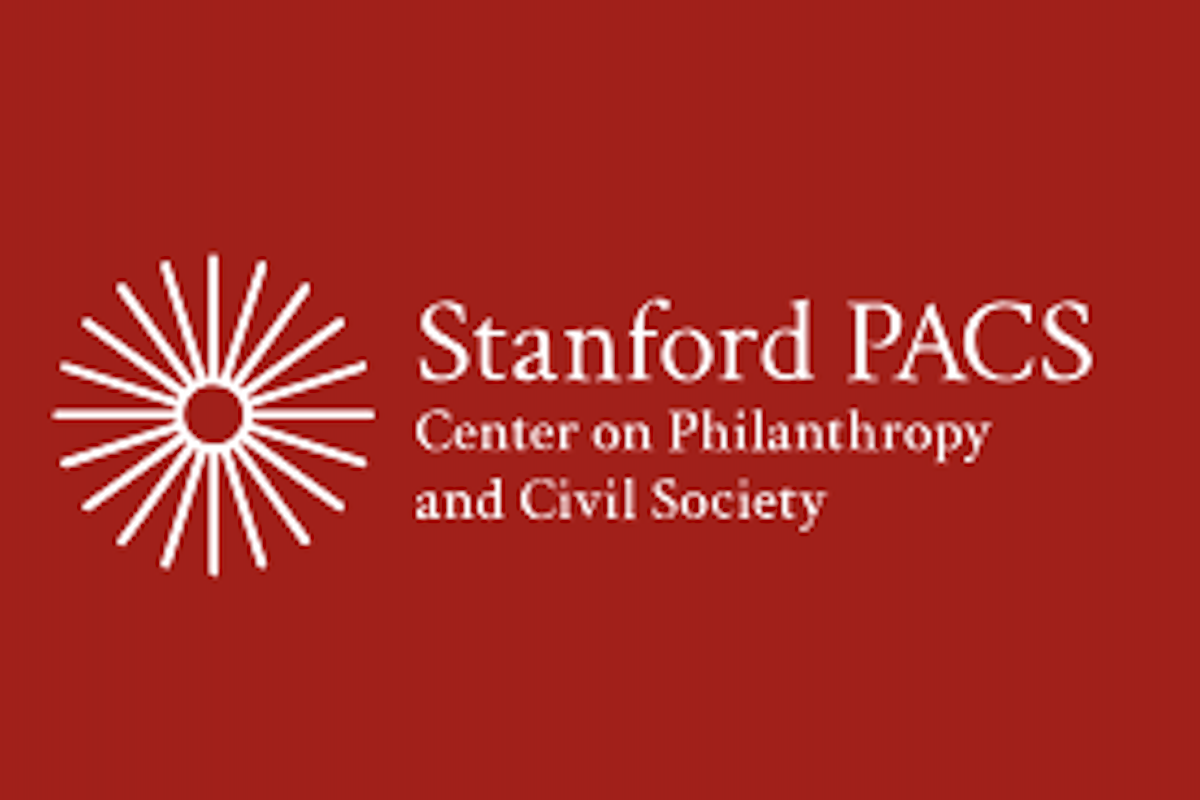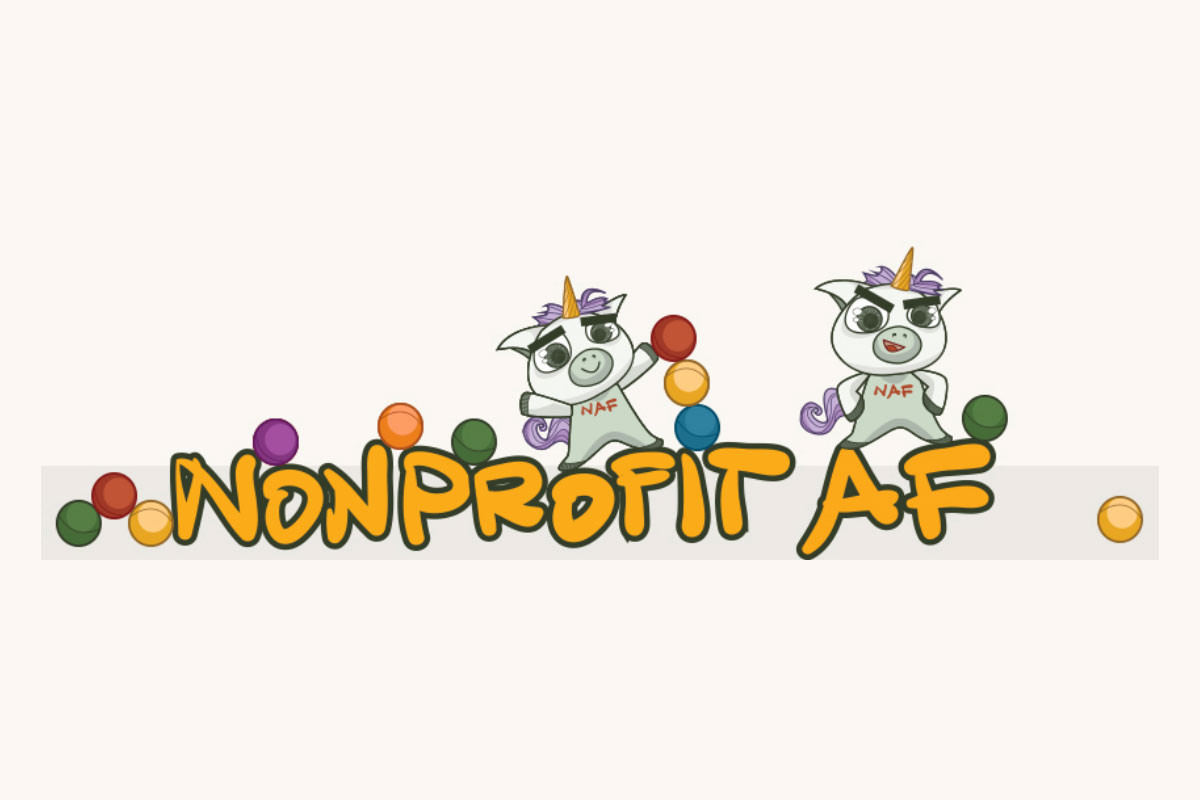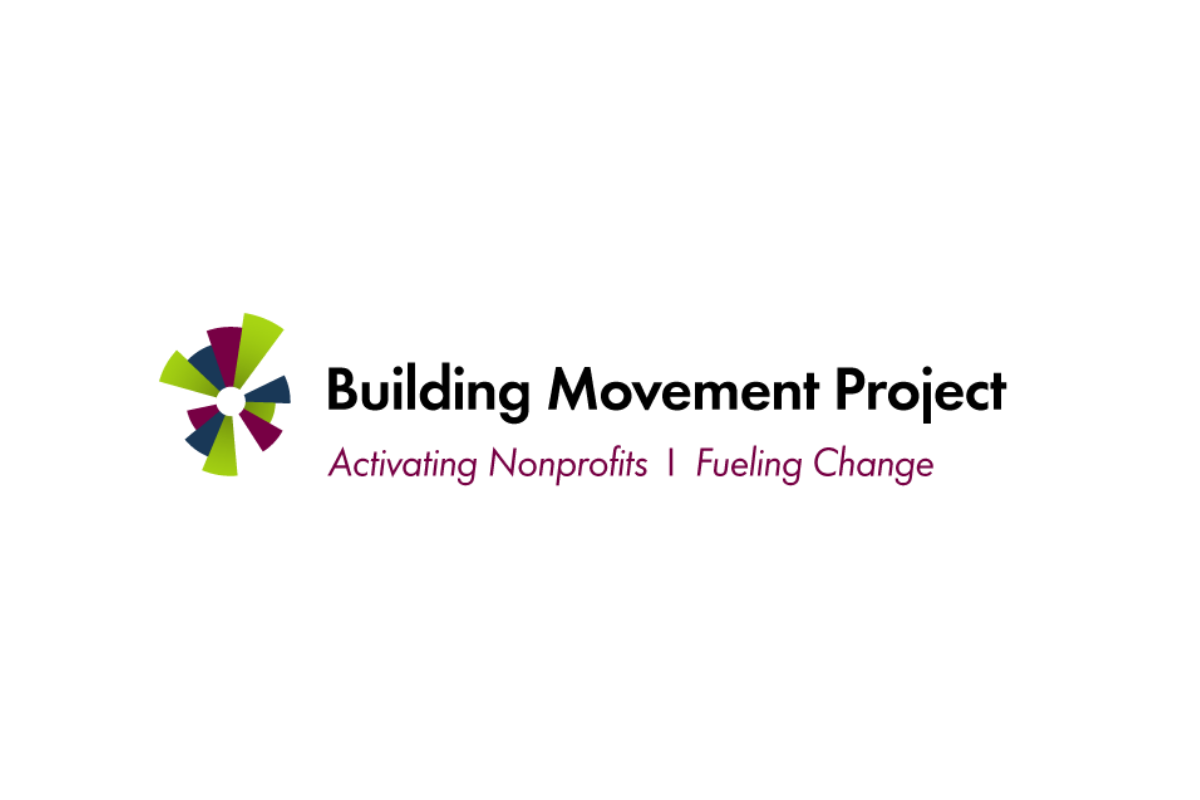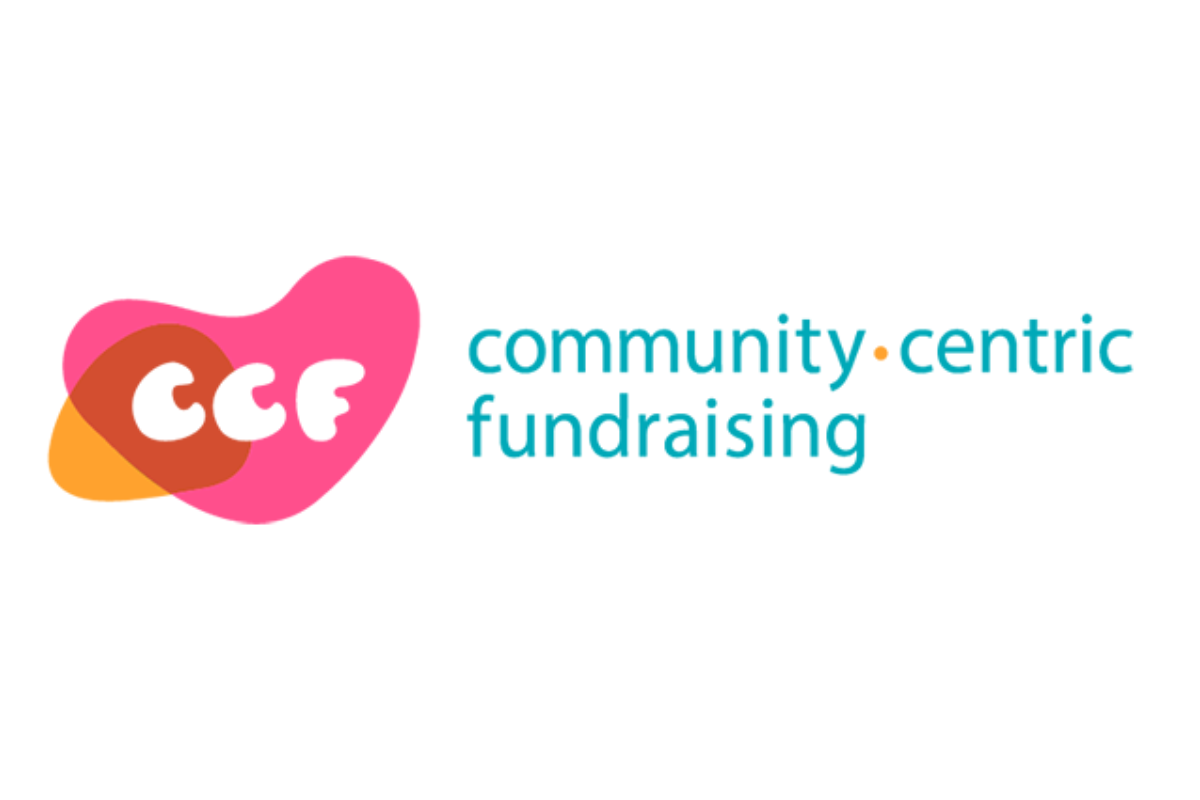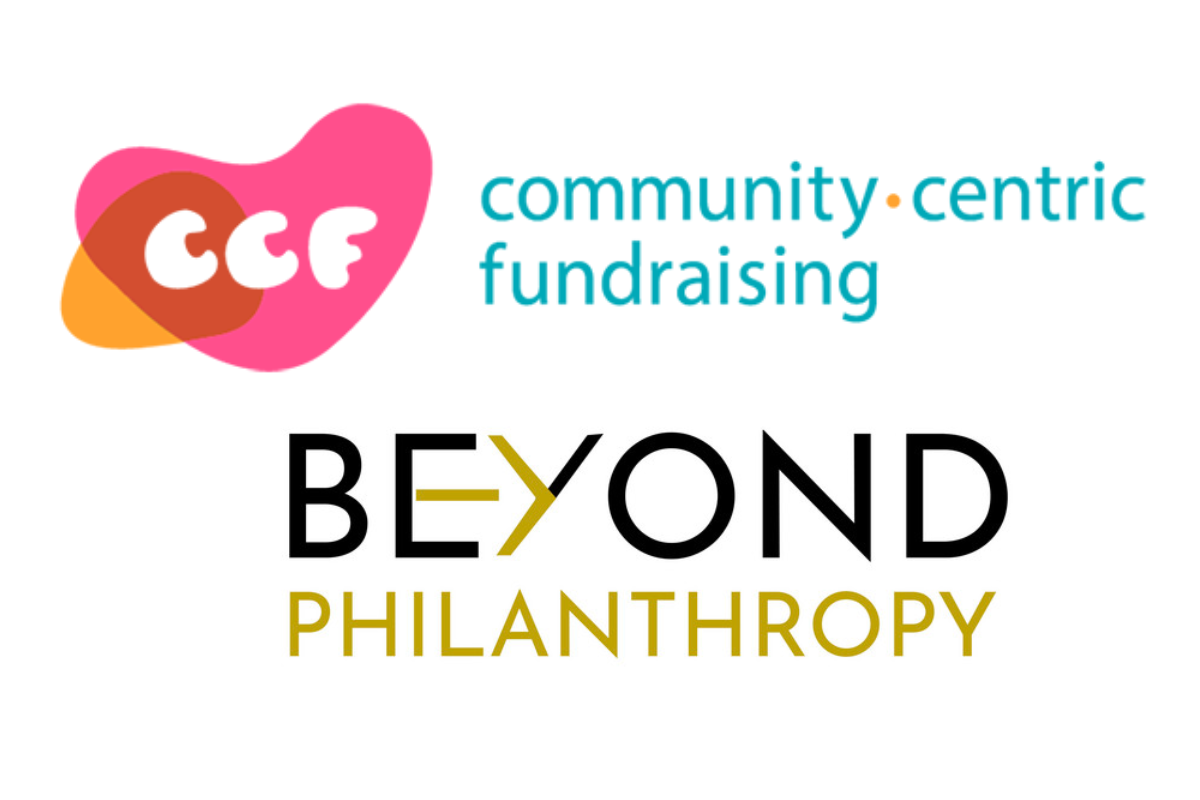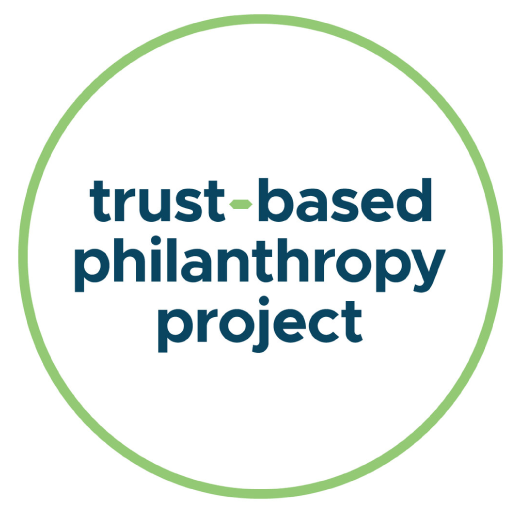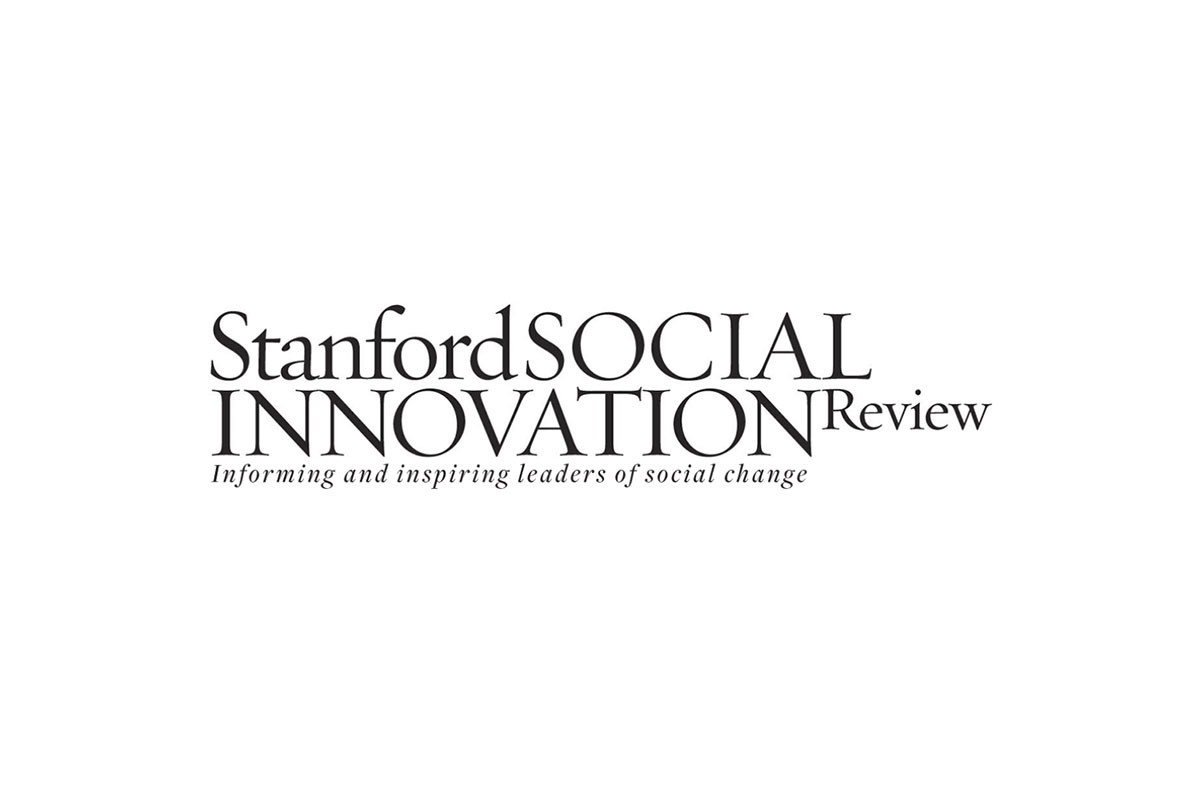
3
We Grow Financial Support by Building Mutual Trust and Accountability.
We work hard to develop relationships with a range of funders who are best-suited to fund our work. We cultivate and steward our funder relationships, seeking to build on shared interests and foster mutual trust and accountability. We are guided by a resource development plan that is tied to our strategy and owned by the whole organization, not just development staff, with all staff and board actively involved in fundraising and ambassadorship.
Nonprofits
- Research first to identify funders whose grantmaking priorities align with our work, and seek to develop mutual trust and accountability with those funders.
- Based on mutual interest, look to funders to provide unrestricted funds where possible; seek to further funders’ understanding of the complexity of this work and to actively engage their skills and networks.
- Create a resource development plan with strategy and metrics, owned by our whole organization and informed with appropriate research; staff and board actively engage as organizational ambassadors and in fundraising.
- Leverage a network of community partners, clients, and the community served to generate broad and inclusive support, including time, talent, treasure, ties, and testimony.
“[I’d like funders] to think broadly and generously about making a difference—in other words, consider your gift as a contribution toward healthier communities…. The less restrictive you can be, the more creative and innovative we can be. I acknowledge this requires trust— so hold us accountable, too.”
— Local nonprofit leader
“Narrowing the power gap begins with the Foundation’s values. We strive to act with humility and modesty, approaching our activities with respect for our partners, an understanding that solutions reside with those we serve, and recognition of the privilege inherent in philanthropic work.”
— Barr Foundation, in PEAK Grantmaking’s Courage in Practice: 5 Principles for Peak Grantmaking
Myth
Discard the outdated myth that funders control the relationship. “Too often, foundations get in the way of nonprofits doing the work they know best. This can slow down progress, perpetuate inefficiency, and obstruct nonprofit growth and innovation.” (Trust-Based Philanthropy Project)
Reality
Our work will be more successful and rewarding when funders and nonprofits engage in ongoing relationships of mutual trust and understanding, rather than one-time transactions.
Funders
- Understand the role power and privilege play in funding dynamics and acknowledge and use that understanding to instill more trust into ongoing relationships with nonprofits.
- Cultivate relationships and communication with nonprofits that foster mutual trust and accountability, transparency, clarity, and understanding.
- Learn about how the funder-nonprofit dynamic is affected by unconscious biases, the capacity paradox (cycle in which organizations with less capacity to get resources continue to struggle to get resources to develop their capacity), and unequal access to relationships.
- Simplify paperwork or accept other funders’ proposals.
Here are ways funders are building trust
The Trust-Based Philanthropy Project, infused by core values of power-sharing, equity, humility, transparency, curiosity, and collaboration, offers this trust-based approach to help alleviate power imbalances:
- Give multi-year, unrestricted funding.
- Do the homework.
- Simplify and streamline paperwork.
- Be transparent and responsive.
- Solicit and act on feedback.
- Offer support beyond the check.
TRUST and UNDERSTANDING
In discussion sessions, nonprofit leaders emphasized how important trust was to the funder-nonprofit relationship and their concern that funders did not trust them. One of the negative effects of this lack of trust is the inability to be flexible with resources needed to address emerging needs or to respond to changes in the external environment. Funders also raised the importance of trust, reporting that they wanted to have a realistic understanding of organizations’ challenges, changes, and needs. Nonprofit leaders and funder representatives identified other points of tension within their relationships: nonprofit leaders focused on experiences with unreasonable expectations of funders, while funders focused on the need to ensure that nonprofits are accountable for the gifts they receive; nonprofit leaders focused heavily on the importance of their internal fundraising, whereas funders commented much less often about such capabilities, and corporate funders noted their concern that fundraising expenses not be too high. Building trust – including the ability to share problems, thoughts, and ideas – is crucial to better working relationships between nonprofit leaders and funders. This project, in offering principles important to both groups, offers opportunities to learn more about each other’s interests and challenges in fulfilling their respective responsibilities as donors and stewards of resources, and to contribute to greater understanding and trust.


